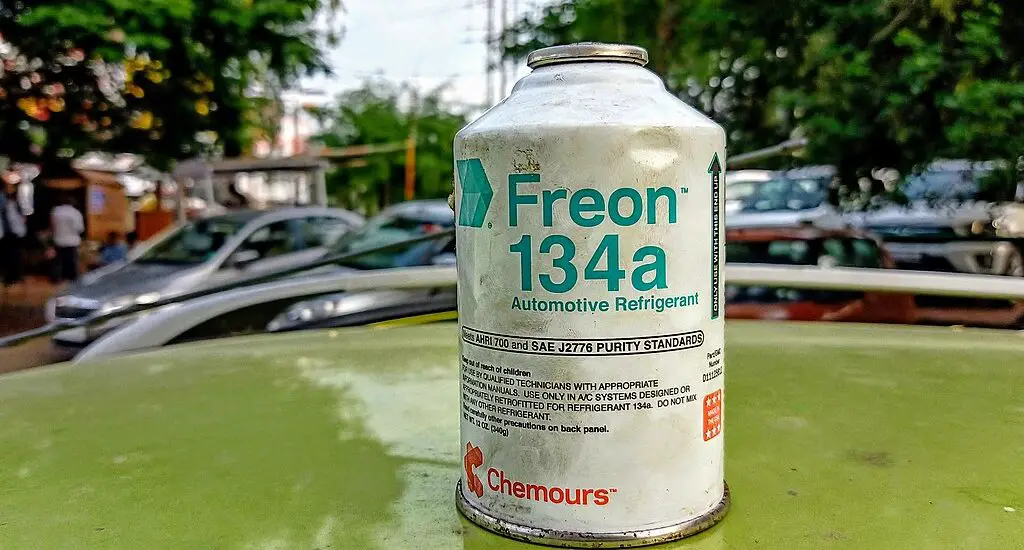If you’ve ever wondered what happens if you release Freon, you’ve come to the right place for a comprehensive answer. This article covers everything you need to know.

Table of Contents
What Happens if You Release Freon?
When Freon is released into the atmosphere, it doesn’t just dissipate harmlessly. Its release has serious repercussions across multiple domains, namely:
Environmental consequences including damage to the ozone layer.
Health risks for humans and potentially animals.
Legal implications, including federal penalties.
Let’s discuss these repercussions in detail below.
Environmental Consequences
Freon consists of a range of substances including chlorofluorocarbons (CFCs) and hydrochlorofluorocarbons (HCFCs). When released into the atmosphere, these compounds travel up to the stratosphere and undergo photochemical reactions upon exposure to ultraviolet (UV) rays. This results in the breakdown of ozone molecules, thereby thinning the ozone layer. Why is this bad?
Ozone Layer Importance: The ozone layer serves as Earth’s sunscreen, filtering out harmful UV rays. Without it, we face increased risks of skin cancers, eye cataracts, and other UV-induced health problems.
Impact on Marine Ecosystems: Depletion of the ozone layer also impacts marine ecosystems, including phytoplankton which forms the basis of the marine food web.
Global Warming: Freon is also a potent greenhouse gas, contributing to climate change.
Health Risks
Exposure to Freon can have both immediate and long-term health consequences. Here’s what you need to know:
Immediate Symptoms: Inhalation of Freon can lead to headaches, dizziness, and nausea. It can displace the oxygen in the air, making it difficult to breathe.
Long-term Exposure: Long-term exposure can cause organ damage, specifically to the liver, kidneys, and nervous system.
Toxic Byproducts: When Freon comes into contact with open flames, it can break down into harmful substances like phosgene gas, which was used as a chemical weapon in World War I and can cause severe respiratory distress.
Legal Implications
Releasing Freon into the atmosphere is illegal unless carried out by certified professionals using specific equipment designed to capture and contain the substance. Failure to adhere to these laws can have severe penalties:
Federal Laws: In the United States, the Environmental Protection Agency (EPA) regulates Freon disposal under the Clean Air Act. Violations can result in fines or criminal charges.
State Laws: Many states have their own additional rules and regulations regarding Freon and similar substances. Ignorance of these laws is generally not considered a valid defense.
Certification Requirements: Only technicians certified by the EPA are legally allowed to buy and handle most types of Freon.
Safety Measures and Best Practices
If you suspect that a cooling system is leaking Freon, the first step is to avoid any direct exposure to the chemical. Make sure the area is well-ventilated and avoid inhaling any fumes. The best course of action is to immediately contact professionals who are certified in Freon handling and disposal. They have the necessary tools and knowledge to address the problem safely and legally.